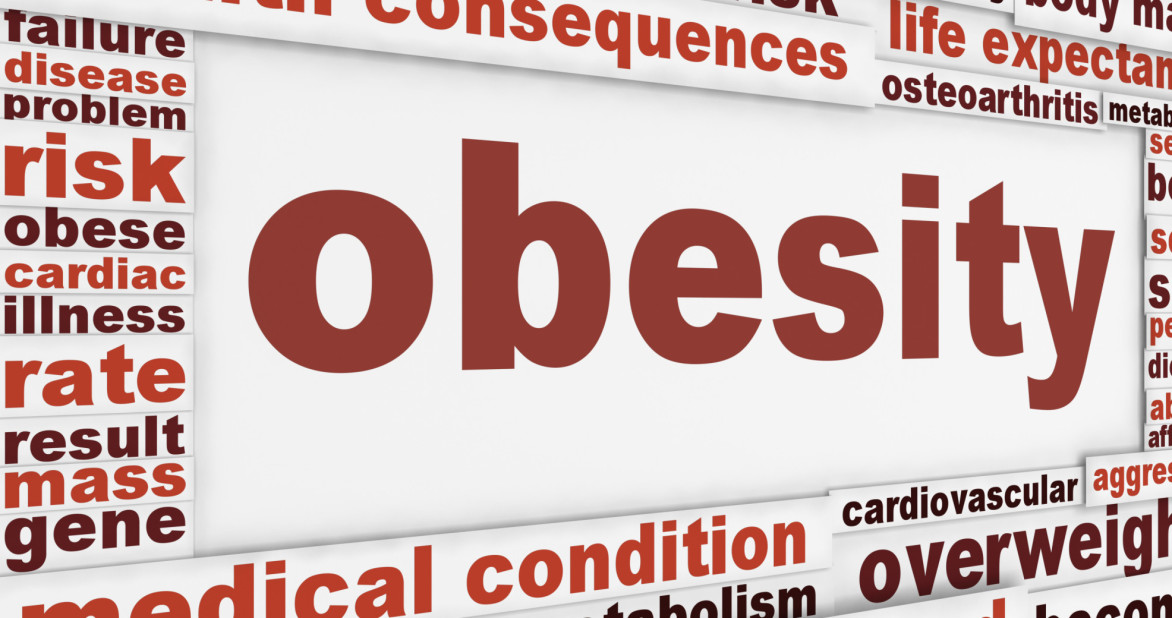Inflammatory breast tumor
Inflammatory breast tumor: Blocking the lymphatic vessels

Inflammatory breast tumor symptoms are liken to the orange skin
Inflammatory breast tumor or cancer develops rapidly causing the affected breast to turn red, swollen and tender. It is a rare type of breast cancer in most patients. It will be experienced when cancer cells block the lymphatic vessel on the breast skin thereby causing the said characteristics. This type of cancer is known to be a locally advanced cancer because of its ability of spreading from its original location to the nearby tissues and even to the lymph nodes. According to the experts at AWAREmed health and wellness resource center, this disease (cancer) can easily be mistaken for a breast infection. Breast infections are commonly known for causing the redness and welling of the breast. This is a serious problem, and the moment you notice these signs, it is important that you seek immediate medical attention. Besides these, there are several other signs and symptoms as discussed below.
Inflammatory breast tumor: Symptoms
Signs and symptoms of inflammatory breast cancer include:
- Unfamiliar warmth the affected breast
- Thickness, heaviness or visible enlargement of one breast
- Tenderness, pain or aching
- Rapid and consistent changes in the appearance of one breast, over the course of several weeks
- The nipple turning inward and flattening
- Enlarged lymph nodes under the arm, above the collarbone or below the collarbone
- Discoloration, giving the breast a red, purple, pink or bruised appearance
- Dimpling or ridges on the skin of the affected breast, similar to an orange skin
In most cases the inflammatory breast cancer unlike other types of cancer, doesn’t form a lump.
Inflammatory breast tumor: When is it appropriate to see a doctor?
Whereas people should go for regular screening, it is important that as soon as you notice these signs and symptoms, you will need to seek an appointment with your doctor right away. Besides these facts, it is worth noting that the other more common conditions have signs and symptoms resembling those of inflammatory breast cancer. A breast injury or breast infection (mastitis) may cause redness, swelling and pain.
And like we had mention before, inflammatory breast cancer can easily be mistaken with a breast infections which are very common. At this stage, treatment may be administered using antibiotics for a week or so, and if the symptoms respond to antibiotics, then additional testing won’t be necessary. However, where the redness does not improve, a more serious cause like inflammatory breast cancer may be investigated by your doctor. Finally doctor Akoury reiterates that, for those who may have been treated for breast infection before, if their symptoms doesn’t improve a mammogram or other test to evaluate such signs and symptoms is highly recommended. But in doing all these, we must appreciate that the best way of determine if such symptoms are caused by inflammatory breast cancer is to do a biopsy to remove a sample of tissue for testing. We appreciate that this disease come with great shock and many suffer more form the shock than even the cancer cells. We would want to help you go through the whole exercise if only you can let us know your struggles.
Inflammatory breast tumor: Blocking the lymphatic vessels









